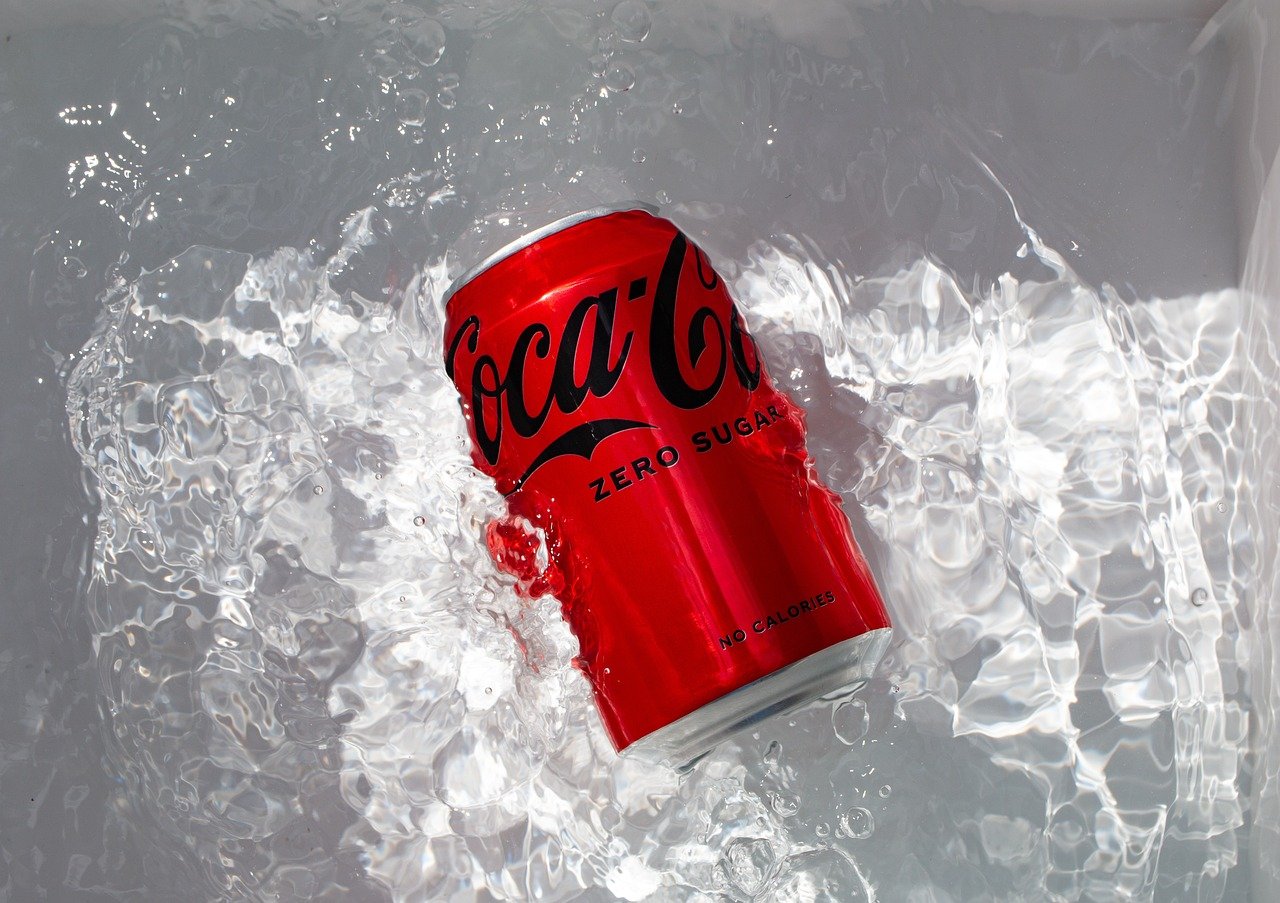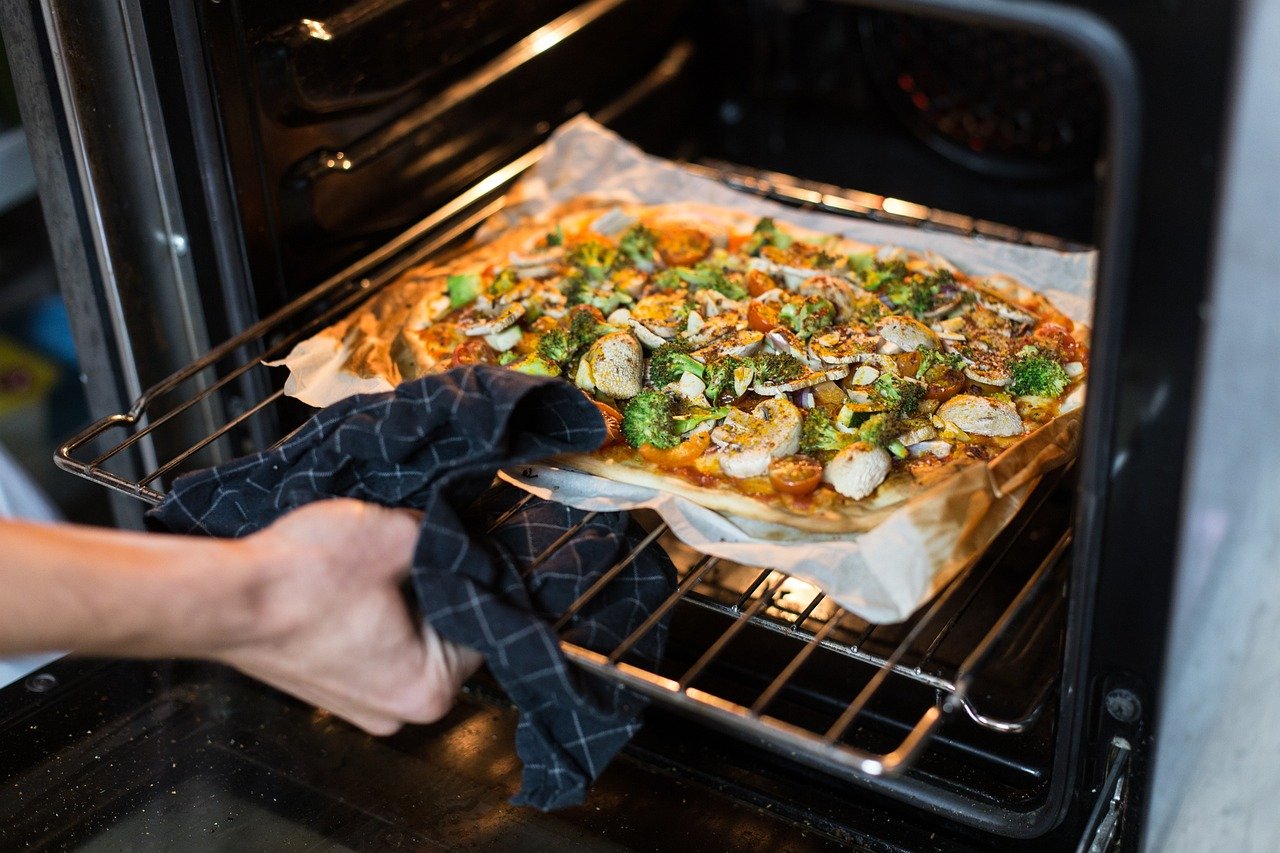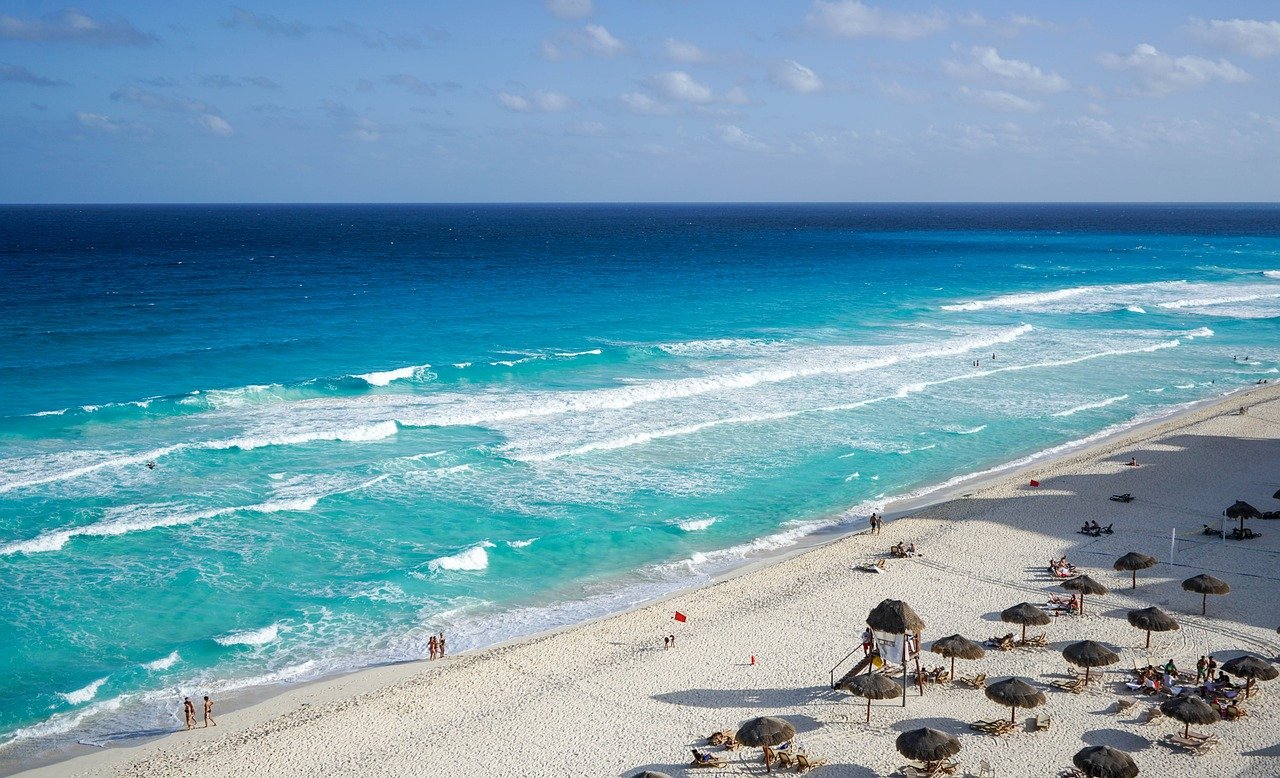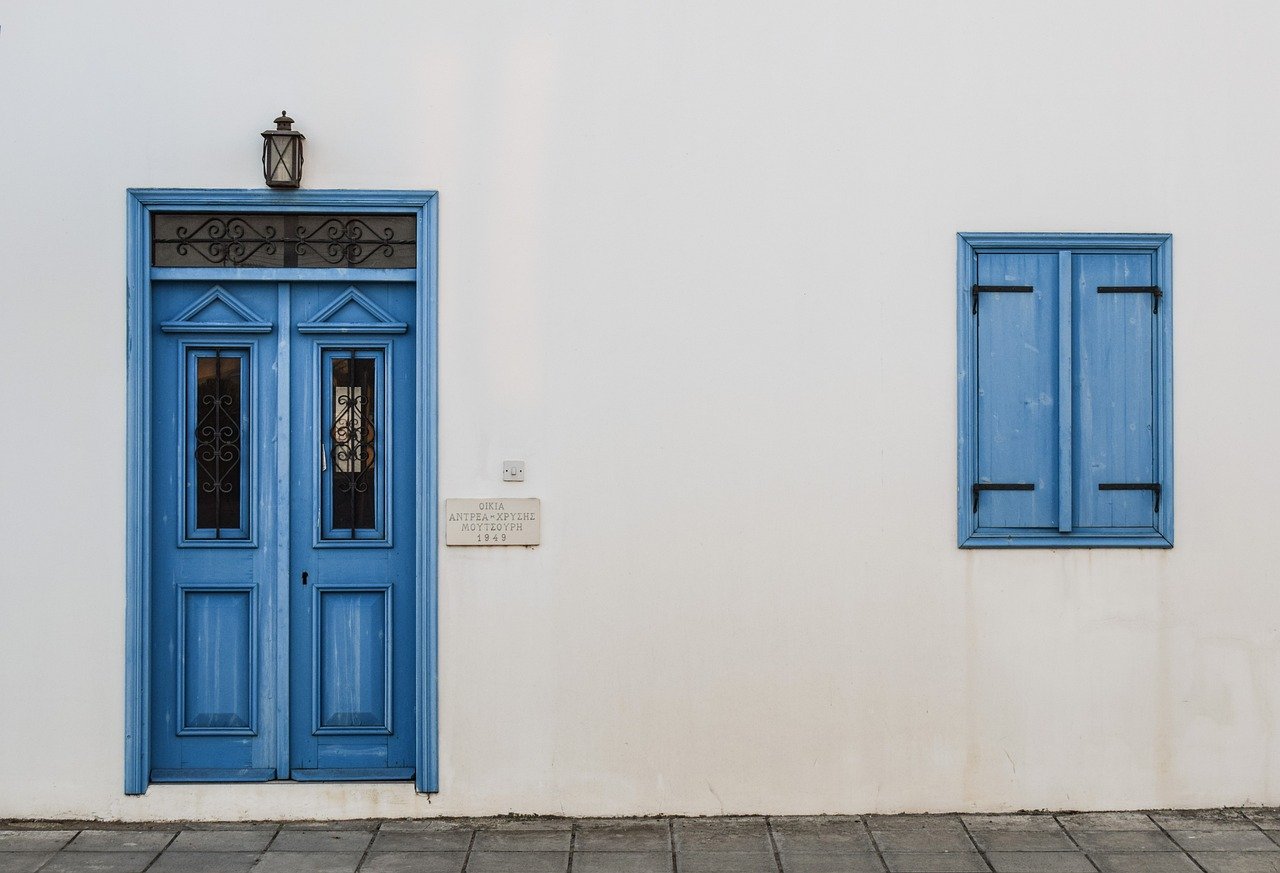What is a diet drink?
Diet drinks are drinks that have exactly the right amount of calories to serve as an alternative to soft drinks but not enough to make a significant difference to your overall caloric intake. Diet soft drinks are usually low in calories because they are sweetened with artificial sweeteners like aspartame or sucralose instead of sugar. This is why they can contain anywhere from 0 calories to 5 calories per serving, compared to up to 120 calories per 12 oz. serving in regular soft drinks. But these diet drinks are still bound by the same laws of hydrophobicity that the rest of the soft drink industry is bound by. There’s no way to make a diet drink that has exactly the same mouth feel and characteristic flavor notes as the full-calorie versions.
Why don’t pubs serve diet drinks?
Bars and pubs don’t serve diet drinks for a few different reasons. There’s the fact that most people don’t drink diet drinks in the first place, which means they don’t make a profit from them. There’s also the fact that diet drinks aren’t as popular as regular soft drinks and that some people simply prefer the taste of full-calorie drinks. A key reason pubs don’t serve diet drinks, though, is because most people don’t order them. If patrons really did order a diet drink, it would mean that they weren’t ordering a regular drink. This means that pubs simply don’t want to serve them. There’s no reason why they should, as the demand simply isn’t there.
The cost of the ingredients
The ingredients in a low-calorie soft drink are bound by the same laws of hydrophobicity as the full-calorie versions. This means that they don’t taste as good, have less value, and are priced at a substantial discount compared to the full-calorie equivalents. In addition, the low cost of these ingredients leads to an increase in the number of low-cost drinks being sold due to the lower production cost. In fact, some diet drinks are produced with as little as half the amount of ingredients compared to the full-calorie versions, leading to absurdly low prices. This means that pubs who choose to serve these drinks are likely to lose money compared to serving full-calorie options. They may choose to serve these drinks if they believe that they’re being good to the environment or that some people simply prefer the taste of low-calorie drinks.
The value of a full-calorie option
A low-calorie soft drink that exists simply to reduce the cost of the ingredients is worthless. It can do nothing to improve the quality of the drink, and it can’t possibly compete with full-calorie options when it comes to value for money. This means that the only possible value of these drinks is to the people who don’t want to pay for the full-calorie versions. They may choose not to pay any money at all or they may choose to pay less money than they would pay for the full-calorie version. This can be done by either drinking fewer calories or by drinking lower-calorie drinks. For example, if you ordered a diet coke and not a regular coke, you’d be saving 90 calories. If you ordered a diet ginger ale, you’d be saving 50 calories.
If you order one… You’re asking for trouble
It’s important to note that you’re simply asking for trouble if you order one of these low-calorie drinks. Most pubs don’t have the full-calorie versions of these drinks on hand, and they can’t be substituted for the original drink. You’ll have to order your regular drink and ask the bartender to make some kind of low-calorie substitute. This means that your bartender will have to deal with a potentially angry customer and a potentially hazardous drink. This could be a problem if you’re sensitive to ingredients that you don’t usually notice or if you’re sensitive to the amount of alcohol in your drink. If this is the case, you might have a dangerous drink if your drink doesn’t have the same amount of alcohol as a regular drink.
Conclusion
Diet drinks are a band-aid solution to a problem that doesn’t exist. People don’t order them, and pubs don’t want to serve them. If you want to order a low-calorie soft drink, you’re simply asking for trouble. You’re asking for a potentially dangerous situation and for a drink that’s worth less money than the full-calorie version. Low-calorie drinks exist simply because they’re cheap, and they’re worth exactly nothing. They’re only worth what you’re willing to pay for them. Diet drinks are little more than that: diet drinks. They don’t exist because most bars don’t want them around and neither do most people. Bars generally serve high-quality versions of their core cocktails while limiting the selection of other drinks to make sure they remain exclusive and provide value for money.
Image by Mathias Westermann from Pixabay















